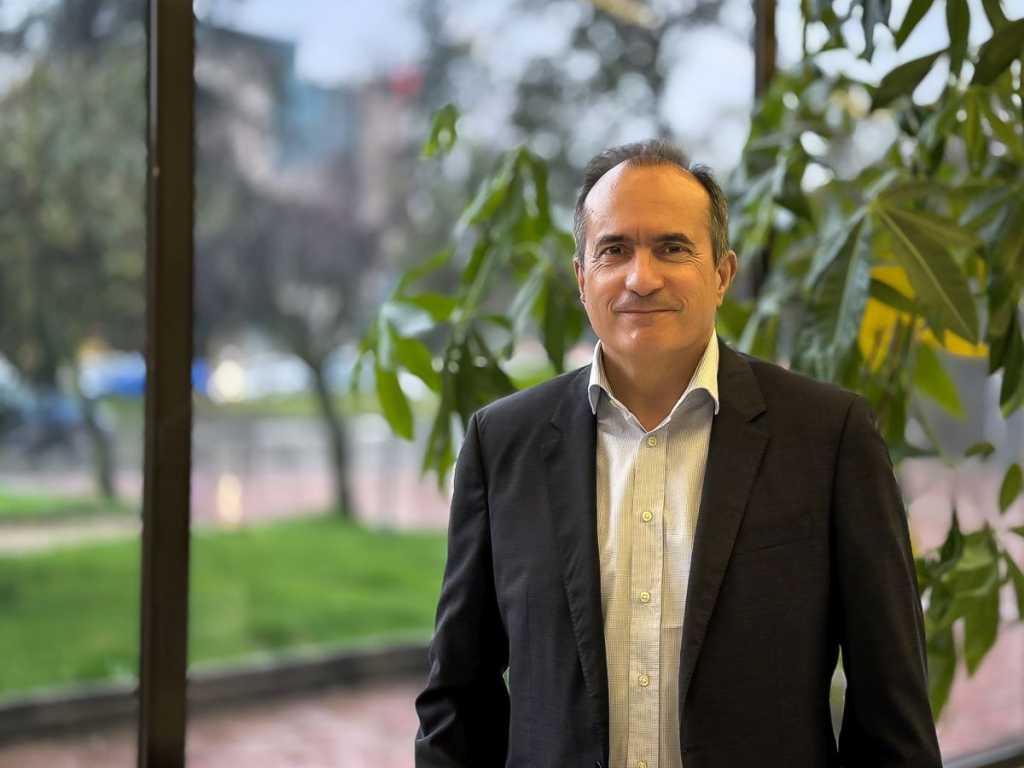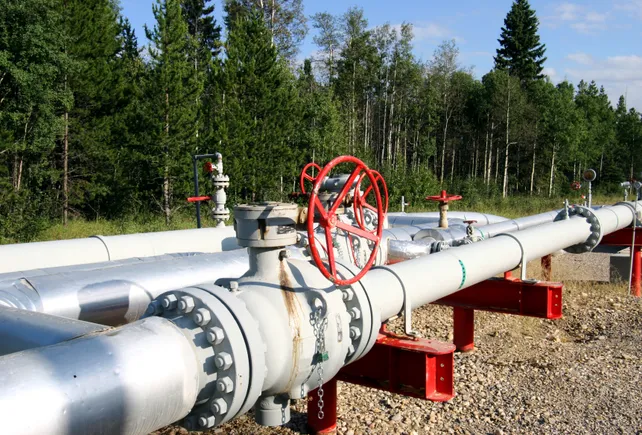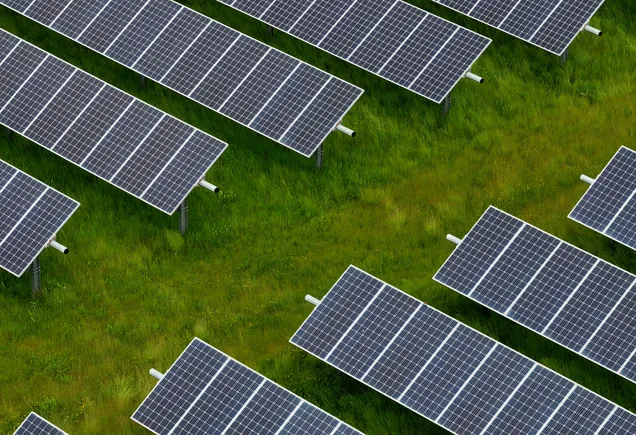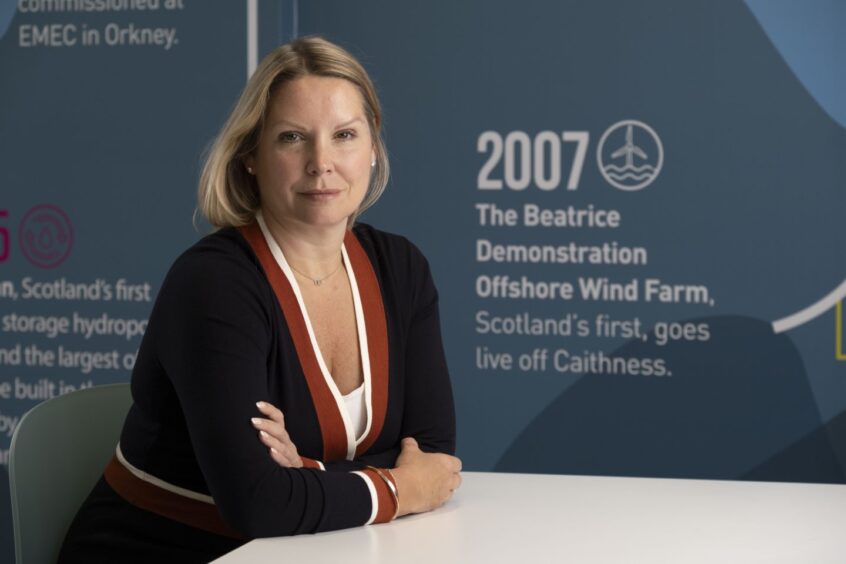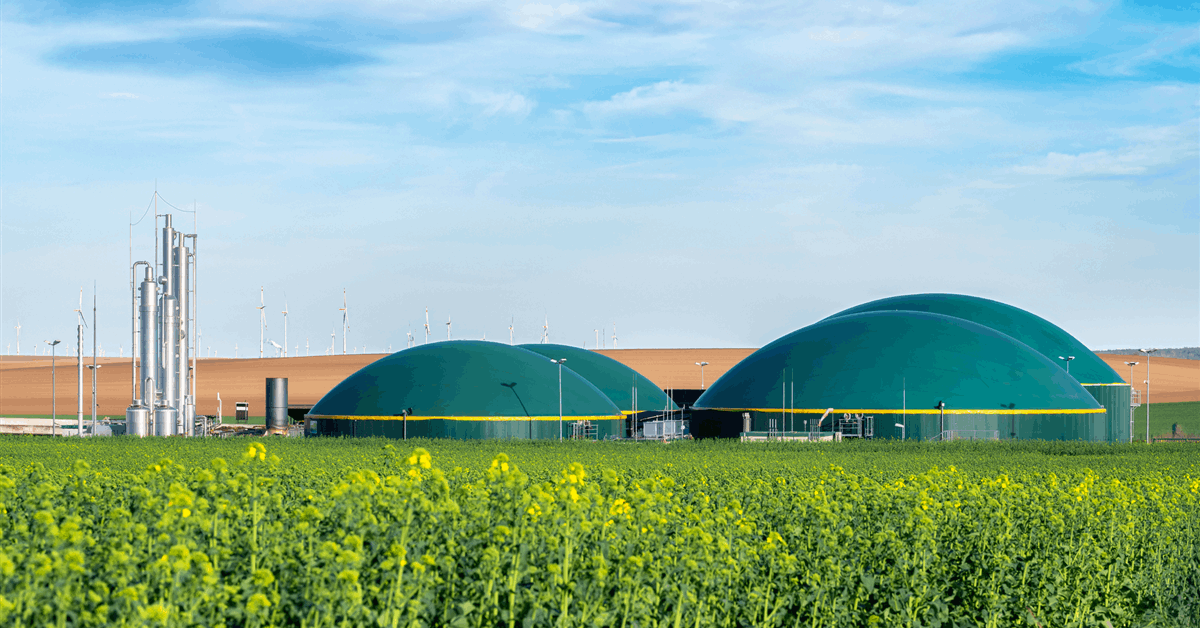
Eni SpA and Saipem SpA have extended a deal to collaborate on building biorefineries and converting traditional refineries.
The agreement, first signed 2023, combines Eni’s technological expertise with Saipem’s expertise in the design and construction of such plants. Italian state-backed integrated energy company Eni holds a 21.19 percent stake in energy engineering company Saipem.
“The agreement concerns, in particular, the construction of new biorefineries, the conversion of traditional refineries into biorefineries and, generally, the development of new initiatives by Eni in the field of industrial transformation”, Eni said in an online statement.
“Through this agreement, Eni, in line with its goal of decarbonizing processes and products, intends to further develop its biorefining capacity through the development of new initiatives to produce biofuels both for aviation (SAF, Sustainable Aviation Fuel) and for land and sea mobility (HVO, Hydrotreated Vegetable Oil).
“At the same time, Saipem further strengthens its distinctive expertise in biorefining and decarbonization”.
Under the agreement Eni recently awarded Saipem a contract for engineering, procurement services and the purchase of critical equipment for the upgrade of a biorefinery in Porto Marghera. The project will increase the plant’s capacity from 400,000 metric tons a year to 600,000 metric tons per year. The upgrade will also enable the facility to produce SAF from 2027.
In November 2024 Eni also picked Saipem for the conversion of the Livorno refinery into a biorefinery, as part of their biorefining collaboration.
In both projects Saipem also carried out preparatory engineering activities such as feasibility studies and front-end engineering design.
The two contracts are valued about EUR 320 million ($345.4 million), according to Eni.
Eni, through subsidiary Enilive, has a biorefining production capacity of 1.65 million metric tons per annum (MMtpa). Eni aims to raise this to over 5 MMtpa by 2030 as part of its efforts to become a carbon-neutral company by 2050. It also aims to enable 1 MMtpa of SAF production by next year and potentially double that level by the end of the decade.
Earlier this year Eni announced the start of SAF production at its Gela biorefinery, designed to produce up to 400,000 metric tons a year of SAF. Eni said the capacity represents nearly a third of Europe’s SAF demand in 2025.
“Since September 2022, Enilive has signed agreements with several airlines for the supply of SAF, thanks to the initial production achieved through synergies between the Gela Enilive biorefinery and other Eni facilities, using waste-based feedstocks”, Eni said January 22, 2025, announcing the start-up.
The converted Gela refinery in Sicily can process up to 736,000 metric tons of biomass a year, mainly using waste and residual feedstocks such as cooking oil, animal fat and by-products from vegetable oil processing, according to Eni.
“The plants and technologies that we are developing position Enilive as a leader in the production of HVO biofuels and confirm the company’s strategy, distinguished by a strong growth in offering increasingly sustainable products”, Enilive chief executive Stefano Ballista said then. “Eni started investing in this field over a decade ago and Enilive will be among the first companies in the world to produce significant quantities of SAF”.
Eni is also developing biorefineries in Malaysia and South Korea.
To contact the author, email [email protected]
What do you think? We’d love to hear from you, join the conversation on the
Rigzone Energy Network.
The Rigzone Energy Network is a new social experience created for you and all energy professionals to Speak Up about our industry, share knowledge, connect with peers and industry insiders and engage in a professional community that will empower your career in energy.
MORE FROM THIS AUTHOR

